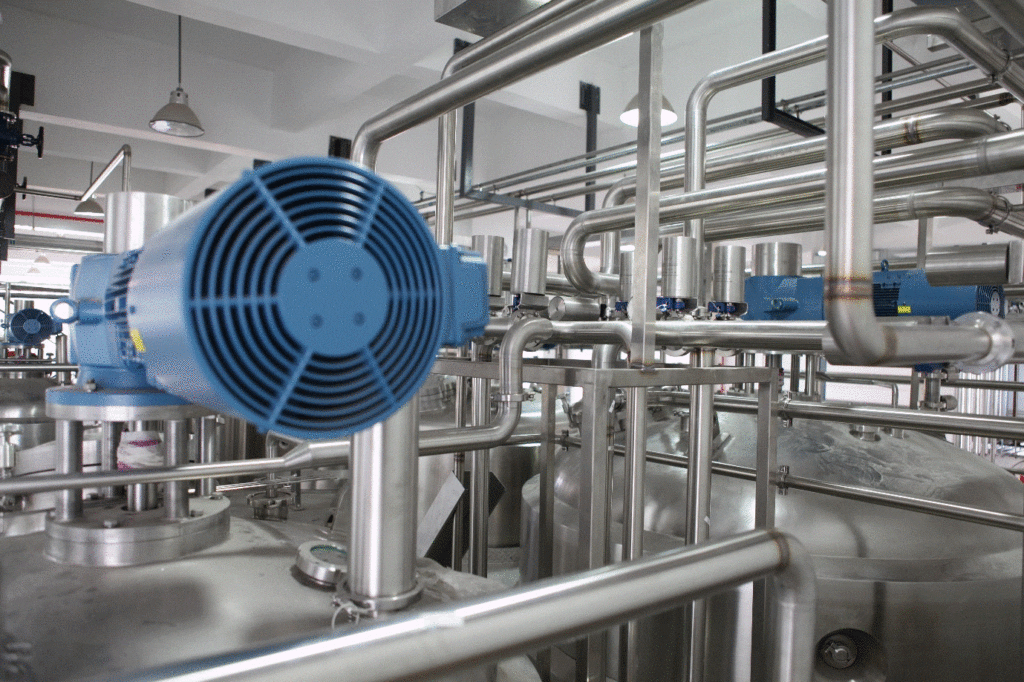
As people are increasingly being replaced by machines in major industries around the world, the International Federation of Robotics estimates that 1.3 million industrial robots are being used in a wide variety of sectors. Of course, this reliance on machinery has many benefits, including increasing productivity and safety and reducing costs, but when something does go wrong with a machine it can have a devastating impact on the production line as a whole. To prevent these problems there are some simple things you can do to make your equipment last longer.
Use correctly
As tempting as it might be to just plug in your new machine and figure it out as you go along, taking the time to read the installation and user guidelines is imperative if you want your machine to last. Most manufactures will provide detailed guidelines and will often err on the side of caution, but industrial machines are an expensive investment so being cautious is prudent.
Inspect cables
While cordless tools are becoming more powerful with better battery performance, machines plugged in to mains still play a vital role in the workplace. Because accidental fires from electrical cables are one of the biggest causes of fires in the workplace, it’s still important to inspect electrical cables. To further limit electrical damage, checking, maintaining, and replacing grounding rods regularly will limit any electrical surges that could damage your machines and contribute to accidental fires.
Keep them clean
Keeping your equipment clean is essential not only for longevity but to also get the most out of your machine. If left, dust and dirt can increase erosion on circuit boards which could lead to costly damages. Before and after every shift instil in employees the importance of checking and cleaning tools and machines and make sure they know what to do should they spot a fault.
Planned maintenance
Once you’ve read the guidelines on how to use your equipment properly, you’ll want to ensure you create a schedule of planned maintenance and stick to it. It’s a good idea to have a calendar with dates already mapped out, as well as a logbook to make a note of the maintenance carried out and recommendations for future inspections.
Train staff
While you may know how to safely operate and maintain your machinery, it’s important your employees know too. Training new staff and holding refresher courses for existing staff will not only help with the longevity of your machinery, but it will also limit the number of staff who could potentially take legal action against you should they become injured at work.

